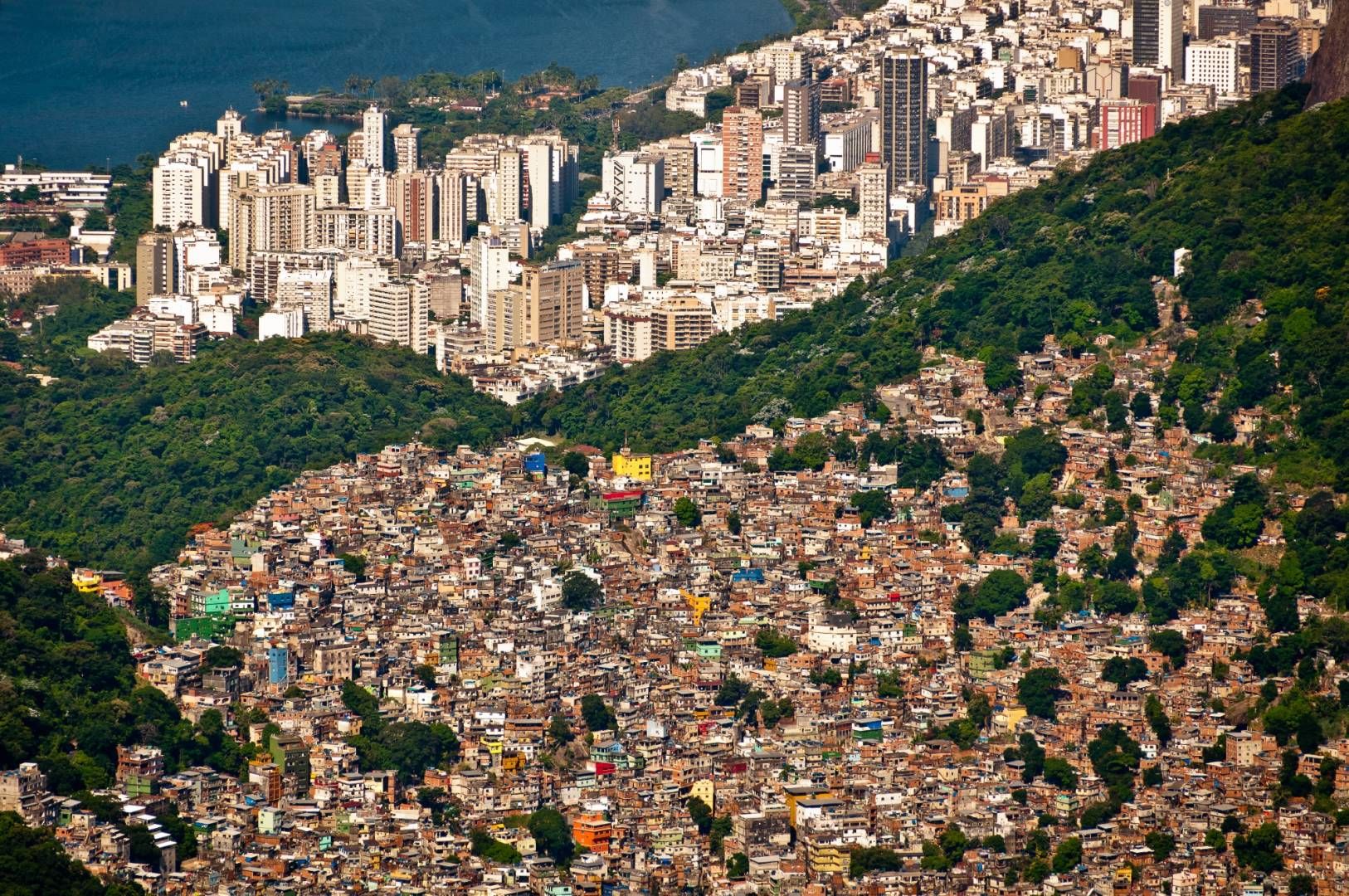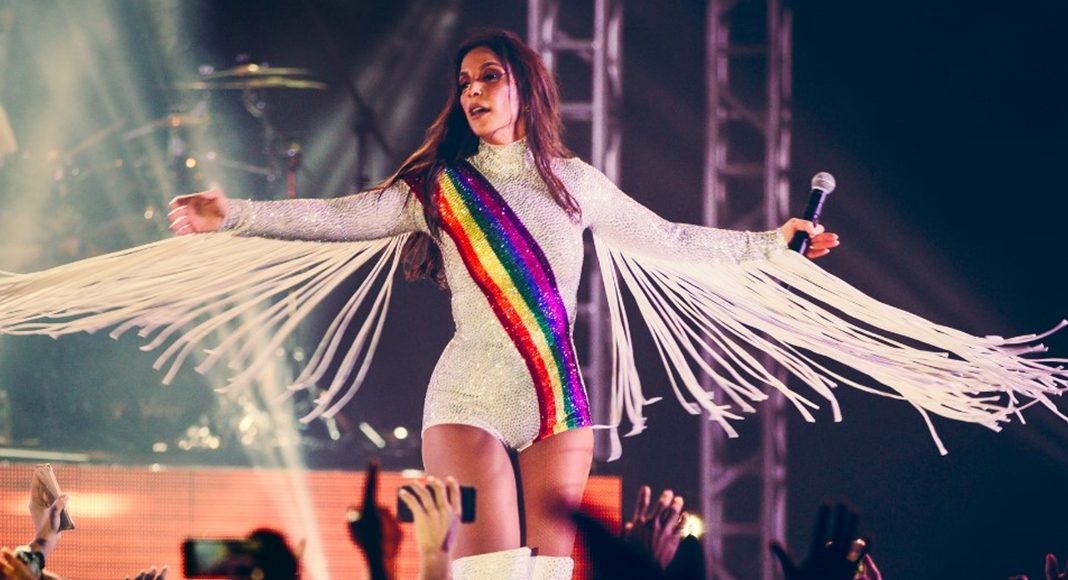RIO DE JANEIRO, BRAZIL – Lately, the term “fighting inequality” has been widely used in public debate. Generally, the word inequality is used – and also perceived – as synonymous with the gap between rich and poor, where a minority holds most of the wealth and a majority lives very poorly, in terrible living conditions. In this regard, are we talking about inequality or poverty?

The accurate understanding of the difference between inequality and poverty is critical. The reason why this distinction is so significant is that without poverty, would inequality be an issue? In other words, if the majority of people were middle class, with a decent life, and a minority were millionaires, would inequality itself be a problem?
Probably the answer to the above question would be “no”. An example (adapted) borrowed from author João Pereira Coutinho helps answer that question.
It is undeniable that singer Ivete Sangalo enjoys a living standard far above that of a company marketing analyst. However, society is not outraged by this difference in income, as long as the company’s employee has a dignified life (food, housing, health plan), which usually happens. In this case, inequality would not be an issue.
Now, what about the difference in the standard of living between the marketing analyst and a beggar on the street? This certainly shocks most of the population. Are we now talking about inequality or poverty?
Clearly, there is a brutal difference in the standard of living between the beggar and the analyst, but this inequality has only become an issue given the terrible living conditions of street dwellers. In this case, inequality is a problem because it is conditioned by poverty.
On the other hand, if inequality were a problem in itself, why doesn’t the difference in income between Ivete Sangalo and the middle-class marketer spark street protests? On the contrary, people pay to watch the singer’s shows.
The point is that the word inequality, out of context, becomes vague and dangerous because it conveys the notion that there can be no difference in income or assets, feeding envy and resentment, as if a millionaire didn’t deserve to be in that position.
Ivete Sangalo earns a great deal of money because people see value in her work; otherwise, her shows would be empty. Nobody forces an individual to go to an excellent singer’s show. Moreover, hundreds of people are needed to work and produce to prepare an Ivete show. This means that the singer’s work drives an entire musical industry, generating jobs and income for other people.

The same reasoning applies to top executives and entrepreneurs in general. These people become millionaires due to their productive capacity, that is, how much income they generate for society.
Given the high profits of entrepreneurs and the high salaries of executives, one question becomes tempting: but do they need so much to live? What if we taxed these people to the point where we kept their lives decent, distributing the remaining balance to the poor through taxes?
History shows that regimes that took that path – invariably socialist – produced deaths and misery, and the tax money was given to the elite clan of bureaucrats, who could enjoy all the benefits of capitalism. The logic behind failure is straightforward: from the moment one excludes the prize for merit, one takes away all of the incentive to produce. And without these people, who (and how) is going to generate productivity and innovation for society, the engines of prosperity?
Clearly, there are injustices, in which some people become millionaires not by merit, but by corruption or state benefits. But in this case, the issue is generated precisely by the malfunctioning of the market economy, and not the opposite.
Undoubtedly, there is still much poverty in the world, but it is undeniable that after the Industrial Revolution, thousands if not millions of people have been steadily emerging from poverty.
Today, for instance, many housecleaners in large urban centers have a better standard of living than any king in the Middle Ages. The housemaid has a tooth removed without pain, talks on her cell phone and has a toilet in her house, while a king of the Middle Ages had no access to any of this. Oh, but that doesn’t count, are you comparing different times? And, is progress spontaneously achieved simply over time? Or was it precisely the progress of the market economy that enabled this development?
According to economist Deirdre N. McCloskey of the University of Chicago, technological progress, at first, only benefits the rich; but then, due to large-scale production (which, according to Ludwig von Mises, is nothing more than capitalism), it allows the massification of goods and services for the poorest, which formerly could only be afforded by the rich. This was the case with the car, cell phones, tourism, medicines, the internet, etc.
It is obvious that there is still much to be done in the fight against poverty in the world – starting by abandoning the vague term “inequality” as a synonym of poverty.
Source: InfoMoney

